The UK’s business landscape is home to both sole traders and limited companies, and while each has its own advantages and disadvantages, both are subject to compliance requirements imposed by the government. In this article, we will examine the compliance requirements of sole traders and limited companies in the UK.
Sole Traders:
Sole traders are individuals who run their own business and are personally responsible for its debts. As a result, they are not required to register their business with Companies House, and the compliance requirements for sole traders are relatively simple.
- Registering for Self Assessment: All sole traders must register for self-assessment with HM Revenue and Customs (HMRC) within three months of starting their business. This allows HMRC to calculate the tax owed by the sole trader and issue a tax bill.
- Keeping Records: Sole traders are required to keep records of their business income and expenses to support their self-assessment tax return. This includes receipts, invoices, bank statements, and any other documents that demonstrate the flow of money into and out of the business.
- Filing Self Assessment Tax Returns: Sole traders are required to file a self-assessment tax return annually to report their business income and expenses to HMRC. This is due by 31st January of each year and must be submitted electronically.
- Paying Tax: Sole traders must pay tax on their business profits. This includes income tax and National Insurance Contributions (NICs).
Limited Companies:
Limited companies are separate legal entities from their owners, and as a result, they have more compliance requirements than sole traders. These requirements include:
- Registering with Companies House: Limited companies must be registered with Companies House within 21 days of their formation. This includes providing information about the company’s directors, shareholders, and registered office.
- Keeping Records: Limited companies must keep accurate and up-to-date records of their financial transactions, including invoices, receipts, and bank statements.
- Filing Annual Accounts: Limited companies are required to file annual accounts with Companies House, which provides information about the company’s financial performance and position. The accounts must be filed within nine months of the company’s financial year-end.
- Filing Confirmation Statements: Limited companies are required to file confirmation statements with Companies House annually, which provides information about changes to the company’s structure, such as changes to directors or registered office.
- Paying Corporation Tax: Limited companies are required to pay corporation tax on their profits. This tax is calculated based on the company’s financial performance and must be paid to HMRC.
In conclusion, both sole traders and limited companies in the UK have compliance requirements that they must abide by. While the requirements for limited companies are more extensive, they provide the benefits of limited liability and a separate legal identity. It is important to understand these requirements to ensure that your business operates within the law and avoids any penalties or fines.

